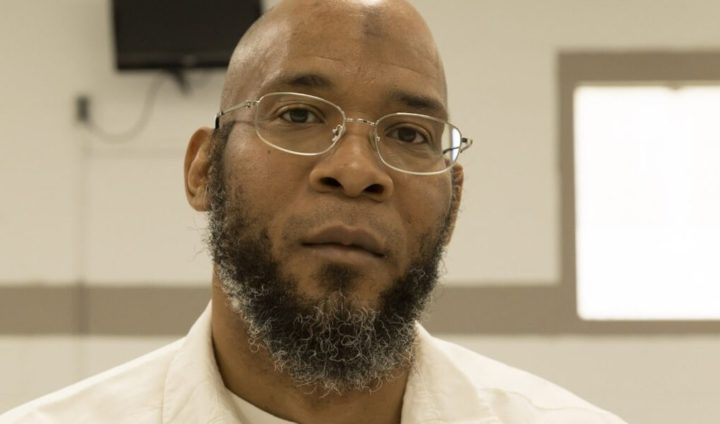Missouri executed Marcellus “Khalifah” Williams on Tuesday, despite significant objections from local prosecutors who had sought to overturn his conviction and argued for his innocence. Williams, 55, was executed following a long legal battle that garnered widespread outrage, particularly after the St. Louis county prosecutor’s office—the same office that had originally tried him—publicly stated that he may have been wrongfully convicted.
Williams was sentenced for the 1998 murder of Lisha Gayle, a former reporter and social worker, in what was described as a burglary gone wrong. However, the conviction raised concerns as there was no forensic evidence linking him to the murder weapon or the crime scene. In recent years, local prosecutors, the victim’s family, and some trial jurors had voiced their opposition to his execution, questioning the validity of the conviction.
In an extraordinary and controversial move, Missouri’s attorney general, Andrew Bailey, pressed forward with the execution, overriding the objections of the St. Louis prosecutors and even dismissing a deal that would have spared Williams’ life. Civil rights advocates, lawmakers, and legal experts condemned the decision, with many accusing the state of prioritising “finality” over truth and justice.
Williams, who had served as an imam in prison and dedicated his time to poetry, had twice come close to execution, only for DNA testing to grant him temporary reprieves. His attorneys argued that DNA evidence from the knife used in the murder did not match Williams. Despite this, a panel that was set up to review the case was disbanded when Missouri’s current governor, Mike Parson, came into office, and the execution was pushed forward.
In a last-minute effort to halt the execution, prosecutors and defence attorneys cited new evidence and alleged racial bias during the jury selection. They pointed out that the jury was predominantly white, and one Black juror had been rejected because the prosecutor felt he “looked like” Williams. These concerns, along with the mishandling of the murder weapon, were brought to light, but state and federal courts upheld the conviction.
The execution prompted a strong response from civil rights leaders, including NAACP President Derrick Johnson, who condemned it as the lynching of an innocent Black man. Missouri congresswoman Cori Bush and other advocates echoed these sentiments, calling the death penalty a racist and inhumane system.
Williams’ legal team and supporters emphasised his strength of character, faith, and contributions as a spiritual leader in prison. His attorney, Tricia Rojo Bushnell, expressed deep sorrow over the state’s decision, lamenting that Williams’ life and potential to prove his innocence were cut short.
His final statement:








